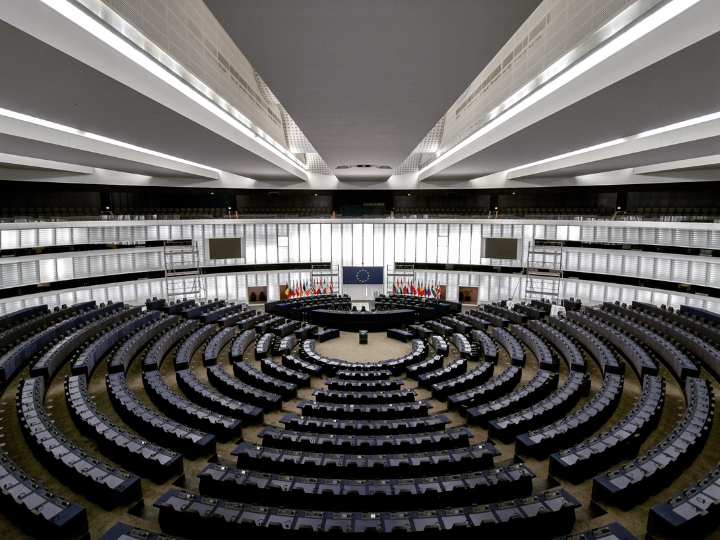Parliament and Council negotiators agreed on new tools ensuring that foreign subsidies granted by non-EU countries to companies do not distort the internal market.
The new draft regulation will enable the Commission to investigate subsidies granted by non-EU public authorities to companies operating in the EU. If it finds that the subsidies are distortive, it can apply redressive measures and avoid that, for instance, subsidised firms outbid EU competitors in public procurement procedures or benefit from low-cost financing.
More effective tool
To enhance the effectiveness of EU action, EP negotiators made sure that state-owned companies - which often receive subsidies - are explicitly included in the scope of the regulation. MEPs also shortened the period available for the Commission to investigate potentially distortive foreign subsidies in public procurement. In addition, member states, companies and other interested parties will be able to approach the Commission with information on potential distortive subsidies.
Guidelines and consultation
MEPs fought for more legal certainty and transparency of the process. As a result, the Commission will have to issue guidelines on how it assesses the distortive nature of foreign subsidies and judges a subsidy’s market distorting effect against its potential benefits. They also ensured that companies can consult the Commission to verify if they need to disclose the subsidies received.
Preserve openness, strive for multilateral solutions
To maintain the openness of the EU and promote dialogue, MEPs insisted in allowing the Commission to engage with non-EU countries that have repeatedly been granting distortive subsidies. Negotiators emphasize that the EU’s overall aim is to improve multilateral rules on subsidies. MEPs successfully argued that once multilateral rules render the new tool redundant, it can be scrapped.
MEPs also introduced an annual reporting obligation for the Commission.
Finally, negotiators defined more precisely the concept of distortive foreign subsidies and widened the tool kit for redressive measures.
Quote
“Our agreement enables us to remedy foreign subsidies that are distorting competition. This is not a matter of protectionism, but of fairness: we need all operators on the internal market to compete under similar conditions. Together with the international procurement instrument, this regulation is a vital part of our expanding toolbox. At the same time, we will also step up our efforts to improve the multilateral rules on subsidies. A detailed review clause, which was a key demand from the Parliament, will also allow us to adapt the instrument in due time,” said Chair Bernd Lange (S&D, DE), who led the Parliament negotiating team.
“While the aim of this instrument is to put an end to the regulatory free-for-all pitting European companies against subsidized foreign companies in the internal market, the European Parliament has sharpened its multilateral outlook. Thanks to the introduction of a third country dialogue the Commission can now not only fight the consequences of distortive subsidies in the EU, but can also seek to address its root causes in third countries,” Rapporteur Christophe Hansen (EPP, LU) said.
Next steps
The compromise agreement now has to be approved by the Parliament and the Council. That process starts with a vote in the Committee on International Trade.
Background
The EU is a particularly open economy: it is one of the world’s largest trading blocs with 16% of global trade, and in 2021, it received USD 138 billion in foreign direct investment. There has been a growing number of instances in which foreign subsidies seem to have facilitated the acquisition of EU undertakings, influenced investment decisions or distorted trade in services, to the detriment of fair competition. The new tool seeks to address these distortions until an effective multilateral solution to the problem is found.
*Source: European Parliament




 By: N. Peter Kramer
By: N. Peter Kramer
